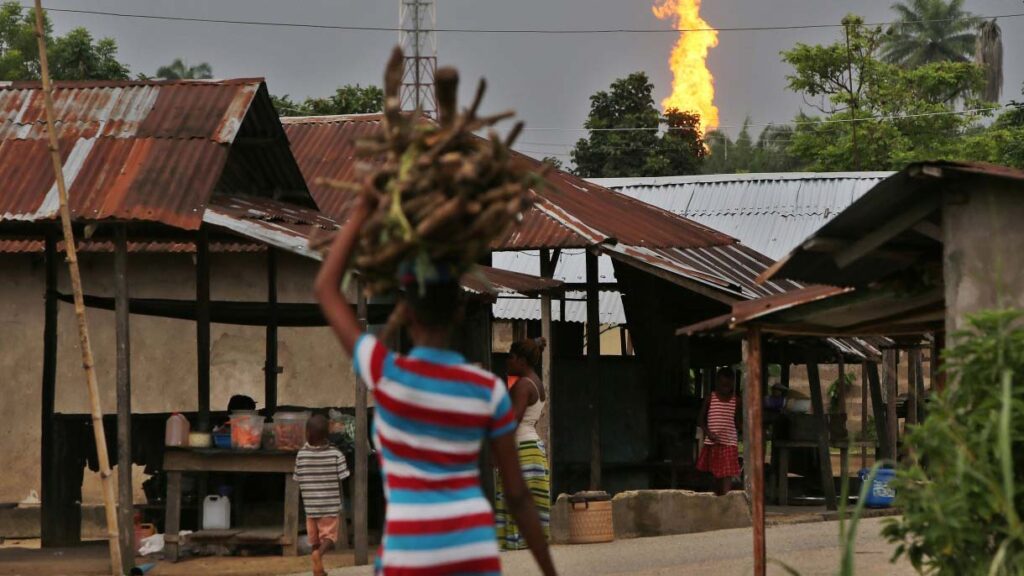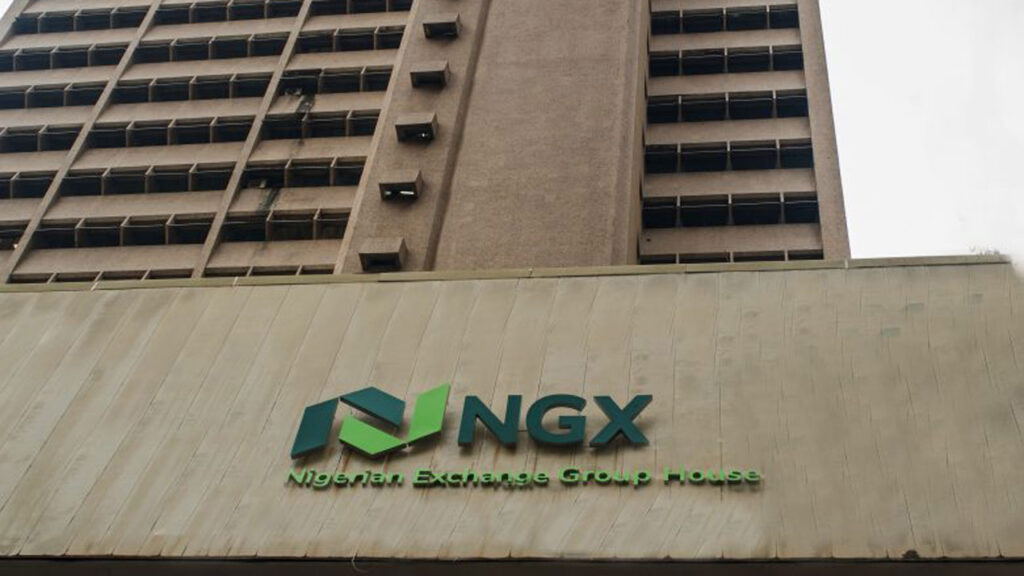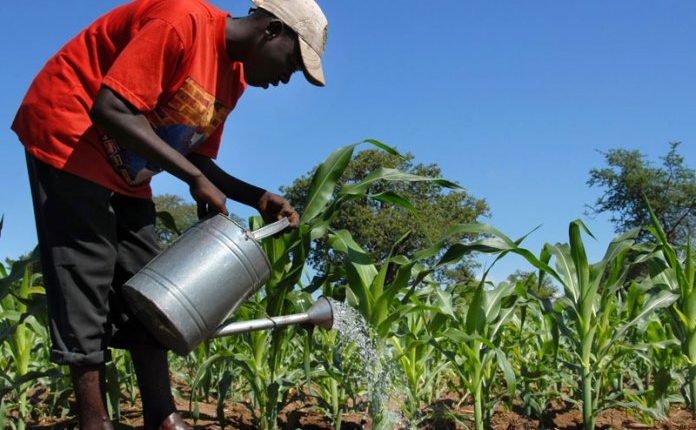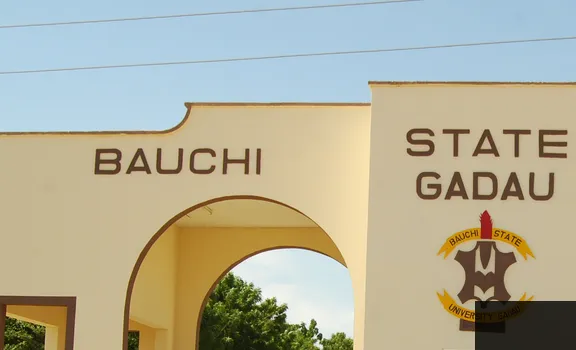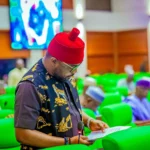
Oil-producing communities in Niger Delta have called for transparency and accountability in the ongoing divestment of oil and gas assets in the region.
Rising from a meeting in Port-Harcourt, Rivers State, representatives of the communities urged the federal government and oil companies to open up and ensure transparency in the ongoing assets divestment.
The meeting was organised by the Human and Environmental Development Agenda (HEDA Resource Centre) in partnership with the National Human Rights Commission (NHRC) with the support of the MacArthur Foundation.
Recall that in January this year, oil giant Shell agreed to sell its onshore oil concerns to local companies in a deal worth $1.3b to meet the long-term objective of divesting itself from the increasingly difficult operating environment onshore that is characterised by rising sabotage, communal strive, oil theft and concerns of climate change global movement. The idea of divestment by IOCs began in 2010.
The Chairman, HEDA Resource Centre, Olanrewaju Suraju, lamented that oil and gas divestment issues are riddled with issues of corruption, human rights abuses, secrecy, disguised beneficial ownership and inadequate consideration for the overall plight of host communities.
He said corruption remains a major clog in the wheel of human and environmental development in Nigeria.
‘Corruption occurs in a wide spectrum of our human activities including in the democratic processes, public and corporate governance, resource ownership, allocation and distribution including oil and gas related issues’.
The CornerHouse, United Kingdom represented by Nicholas Hildyard, raised concerns over participating companies’ financial strength, red flags over claimed assets and potential breaches of NUPRC rules.
He said SPDC did not catalogue all its surface facilities, standards required for assessment, decommissioning and abandonment have not been met while the Environmental Evaluation Study (EES) has not been done.
The group was one of 40 groups that wrote petitions to NUPRC raising concerns over the proposed SPDC divestment.
The Director of the National Human Rights Institute (NHRI), Agharese Arase, said communities need to key into the National Human Rights Plan of Action to explore the instruments to peacefully advance their demands. She called for the inclusion of women and children in addressing human rights issues.
The Chief Executive Officer of the Nigerian Upstream Petroleum Regulatory Commission (NUPRC), Gbenga Komolafe, who spoke on ‘Enhancing Citizens Rights to Sustainable Environment, Economic Development and Justice through -Regulatory Efficiency in the Oil and Gas Producing Areas: Proposed Divestment by IOCs in Perspective’, said some of the conditions for on-going oil and gas divestment includes the legal requirement, safety and community considerations; social inclusion, technical considerations and financial considerations.

